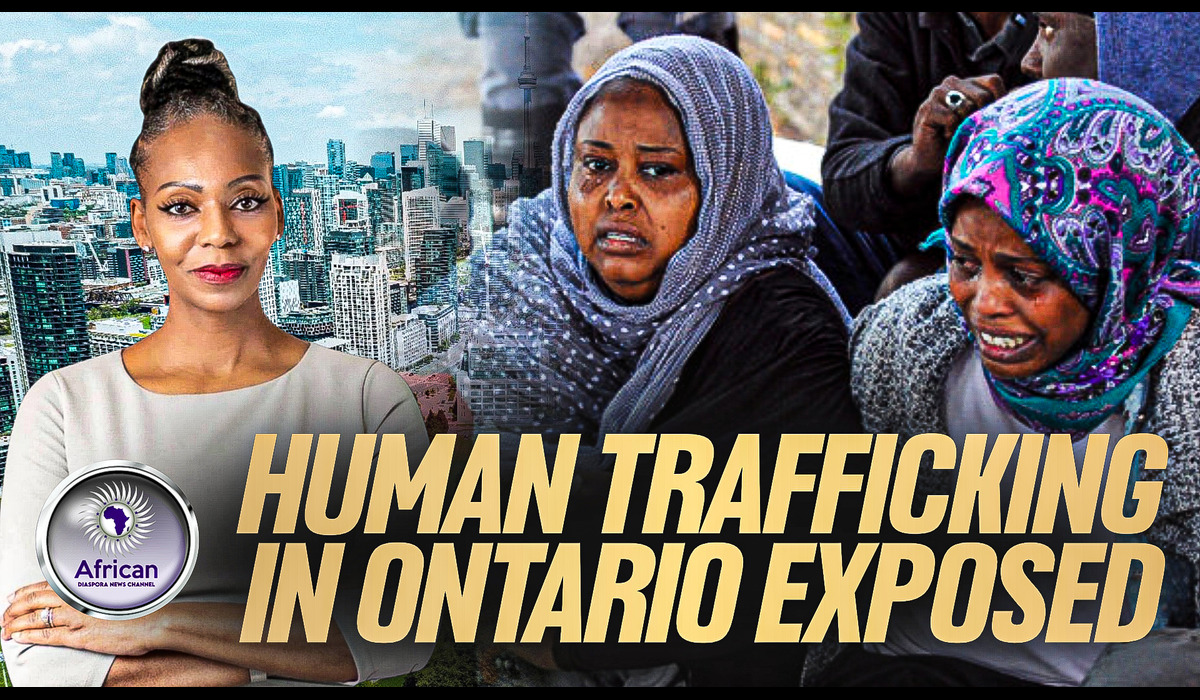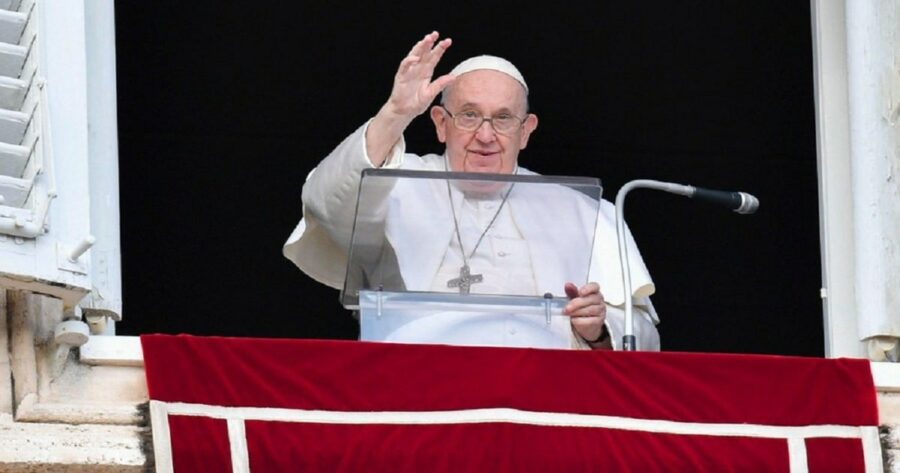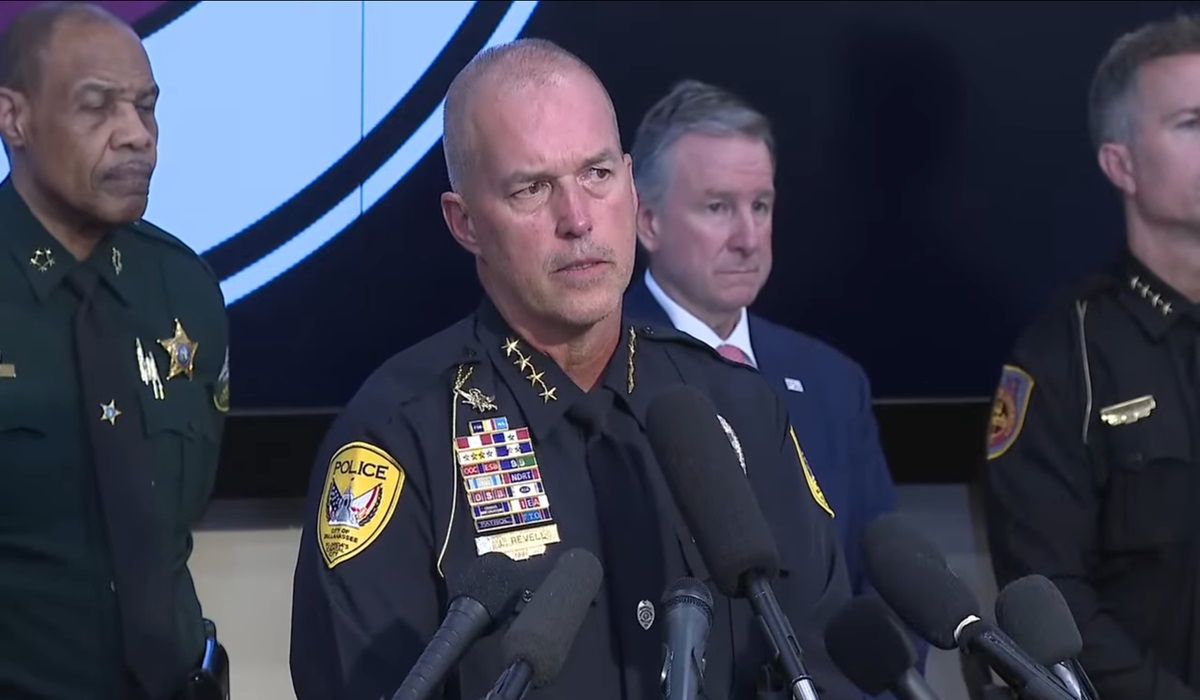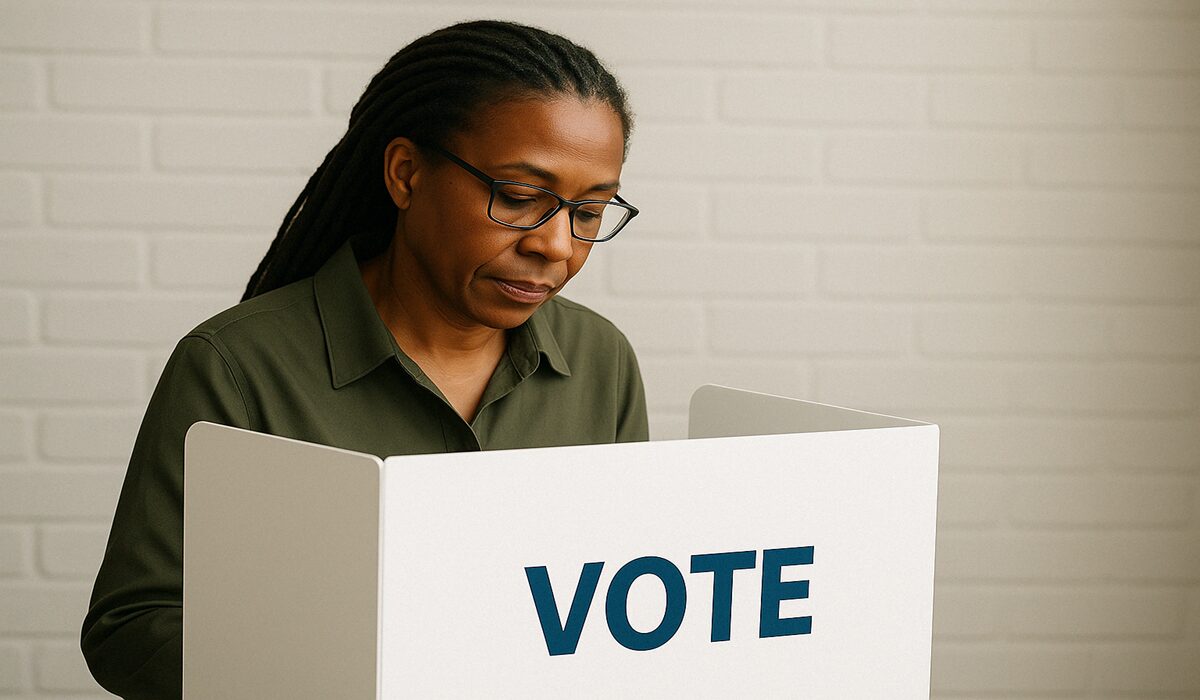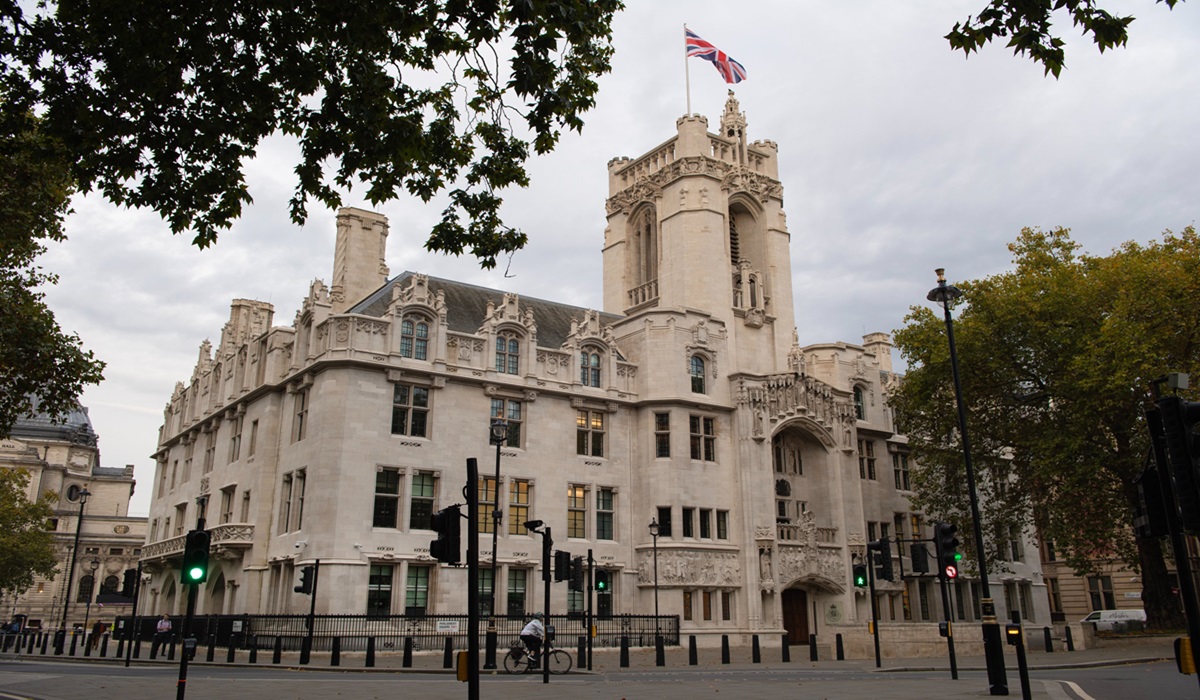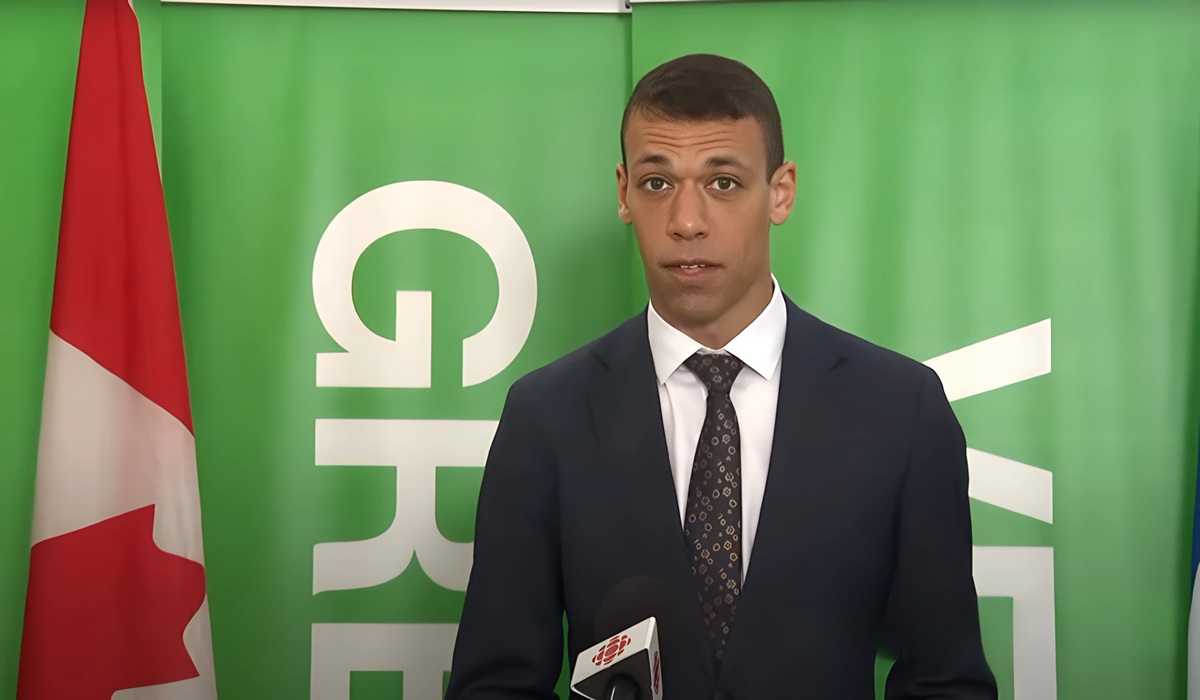Pierre Poilievre’s Reluctance To Be Vetted To Receive NSICOP Top Secret Clearance, Raises Red Flags
- TDS News
- Breaking News
- Canada
- May 24, 2023
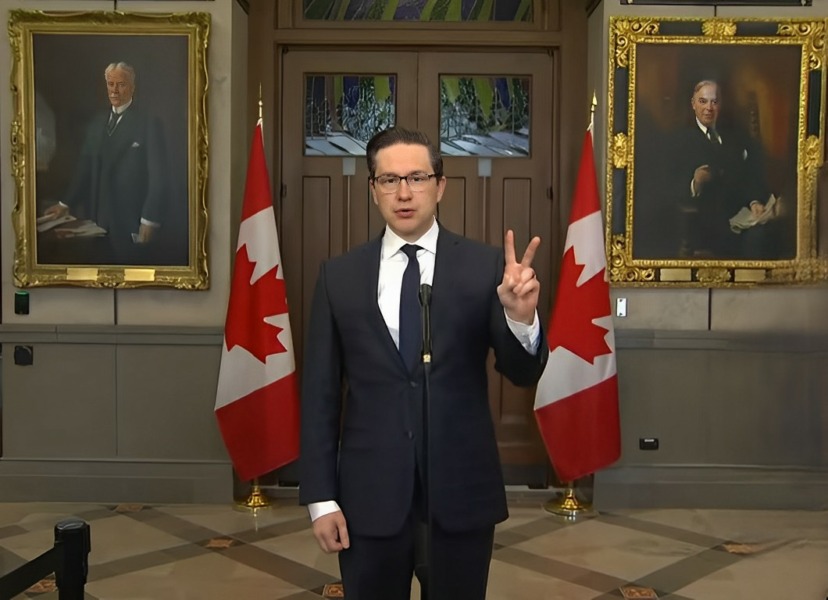
The Canadian political landscape continues to be embroiled in a controversy surrounding Pierre Poilievre, the leader of the Conservative Party, and his unwillingness to undergo a full vetting process for top-secret security clearance. Poilievre, who aspires to become the Prime Minister of Canada, has repeatedly evaded or denied requests for comprehensive background checks. This refusal raises concerns about potentially undisclosed information about his background that he wishes to keep hidden from the public eye. Moreover, it suggests a fear that credible information could emerge, denying him the top-secret security clearance, thereby causing significant embarrassment to him and his party.
Before delving into the potential reasons behind Poilievre’s avoidance of the vetting process, it is crucial to recognize the importance of national security clearance for political leaders, especially the Prime Minister. As the head of government, the Prime Minister is privy to confidential information concerning intelligence, defence matters, and international relations. Access to classified data enables effective decision-making in critical areas such as military operations, counterintelligence, and national security policy formulation. Without undergoing the necessary vetting process and obtaining top-secret security clearance, Poilievre’s ability to lead the country and make informed decisions in these vital domains would be severely compromised.
The National Security and Intelligence Committee of Parliamentarians (NSICOP), formed in 2017, plays a vital role in reviewing intelligence and national security activities in Canada. Composed of members from the House of Commons and the Senate, NSICOP provides oversight to numerous federal agencies involved in security matters, including the Canadian Security Intelligence Service (CSIS), Communications Security Establishment (CSE), Royal Canadian Mounted Police (RCMP), and others.
Given the importance of NSICOP’s work, it is surprising that Poilievre, the Conservative Party’s leader, has shown a reluctance to undergo the vetting process necessary for NSICOP membership. This committee has included ten Conservative Party members in the past, making Poilievre’s refusal all the more perplexing. One prevailing theory is that if Poilievre is given access to factual information that debunks his many false narratives, it would severely hurt his misinformation campaign aimed at the Canadian people and put him in line with the government.
The current situation with NSICOP arises from numerous anonymous sources and media reports that have accused China of spying and interfering in Canadian elections. Although no concrete evidence has been presented to substantiate these claims, as echoed by CSIS, Poilievre has skillfully utilized the media to amplify the narrative of imminent threats and demanded a special inquiry to investigate these allegations and leaks purportedly originating from CSIS and select media outlets.
To address the concerns about election interference by Poilievre, he demanded an Independent Special Rapporteur, which the government of Canada granted. Former Governor General David Johnston was appointed to oversee the matter. However, even before the process began, Poilievre expressed doubt about the impartiality of the Rapporteur, stating that any outcomes or decisions from this investigation would be tainted due to the Rapporteur’s alleged close ties to the Prime Minister.
Character assassination is par for the course for Poilievre, as it suggests anyone with any form or previous relationship with the prime minister can not exude independence when adjudicating in matters of the government. This type of salacious causation does nothing to instill confidence in Canadians and their ability to act professionally and impartially.
On May 23, 2023, the Independent Special Rapporteur, David Johnston, filed his report, which independently and impartially affirmed that the federal elections held in 2019 and 2021 were free and fair. Moreover, the report recommended that opposition leaders, including Poilievre, obtain top-secret security NSICOP clearance to be appropriately briefed, which he declined.
The report also acknowledged significant deficiencies in intelligence communication from security agencies to government departments and the subsequent processing and relay of information to political levels. These gaps primarily pertain to communication and processing lapses rather than intentional negligence by the Prime Minister, Ministers, or senior officials. The report emphasized the necessity of addressing these issues related to foreign interference through a public process, although it cautioned against a public inquiry focused solely on leaked documents.
Acknowledging Poilievre’s history of using parliamentary inquiries to promote his agenda is essential. When the Prime Minister was found to have violated ethics laws, Poilievre welcomed the inquiry results. However, he expresses dissatisfaction when inquiries fail to align with his views, such as the independent inquiry he demanded due to the prime minister using the Emergencies Act to end the illegal truck convoy. An inquiry that cost the Canadian taxpayers an estimated $37 million, which he balked at the results.
It is crucial for the media, especially those funded by the state, to hold Poilievre accountable for his double standards and divisive rhetoric. Even more so when he willfully uses the Canadian taxpayers to fund his public inquiries, reminiscent of a dog whistle, he is ready to blow to rally the based and malleable minds. Reducing polarization and promoting unity requires responsible reporting beyond amplifying dangerous narratives. The reality behind closed doors on Parliament Hill is often one of collaboration and cooperation among politicians from different parties, despite their public disagreements.
If Pierre Poilievre genuinely aspires to lead the country, it is essential that he presents himself as an open book. The refusal to undergo the NSICOP vetting process and the pattern of making accusations without providing a broader context continue to undermine his ability to foster unity within the country. After dedicating considerable time to tearing the nation apart with divisive rhetoric, Poilievre must recognize the importance of transparency and accountability. Without obtaining NSICOP clearance, Canadians have every right to harbour concerns regarding the potential red flags surrounding their suitability for leadership.
The national security clearance process exists for a reason—to ensure that individuals entrusted with the country’s most sensitive information have demonstrated their trustworthiness and commitment to the nation’s best interests. By avoiding the vetting process, Poilievre raises doubts about his willingness to subject himself to the scrutiny necessary for such a critical role. As Canadians evaluate potential leaders, it is only natural for them to question whether Poilievre’s refusal to obtain NSICOP clearance indicates the presence of information or circumstances he wishes to keep hidden. In the absence of full transparency, concerns about his qualifications and potential risks to national security persist, further eroding the confidence of the Canadian public.

